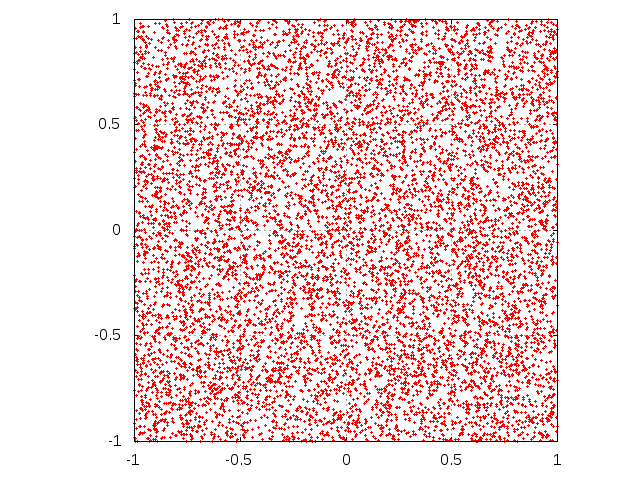

Epilogue: the question of elite domination of public opinion Measures appendix References Index.Drawing on insights from political psychology regarding political information processing, this paper argues that politically sophisticated individuals are less sensitive to the social cues manifested in the ethnic composition of their neighborhood when they form political opinions. Evaluating the model and looking toward future research 12. Information flow and electoral choice 11. The mainstream and polarization effects 7. Coming to terms with response instability 5. How citizens acquire information and convert it into public opinion 4. Information, predispositions, and opinion 3. Introduction: the fragmented state of opinion research 2. Table of contents :- List of tables and figures Preface 1. Zaller emphasizes the role of political elites in establishing the terms of political discourse in the mass media and the powerful effect of this framing of issues on the dynamics of mass opinion on any given issue over time. The fourth is that, in constructing these statements, people make the greatest use of ideas that are, for various reasons, the most immediately salient to them. The third is that people rarely have fixed attitudes on specific issues rather, they construct 'preference statements' on the fly as they confront each issue raised. The second is that people react critically to political communication only to the extent that they are knowledgeable about political affairs. The first is that individuals differ substantially in their attention to politics and therefore in their exposure to elite sources of political information. The thoery is constructed from four basic premises. House, Senate, and presidential elections. Using numerous specific examples, Zaller applies this theory to the dynamics of public opinion on a broad range of subjects, including domestic and foreign policy, trust in government, racial equality, and presidential approval, as well as voting behaviour in U.S. In this 1992 book John Zaller develops a comprehensive theory to explain how people acquire political information from elites and the mass media and convert it into political preferences.

Cambridge The Nature and Origins of Mass Opinion 1992 Edition by John R.


 0 kommentar(er)
0 kommentar(er)
